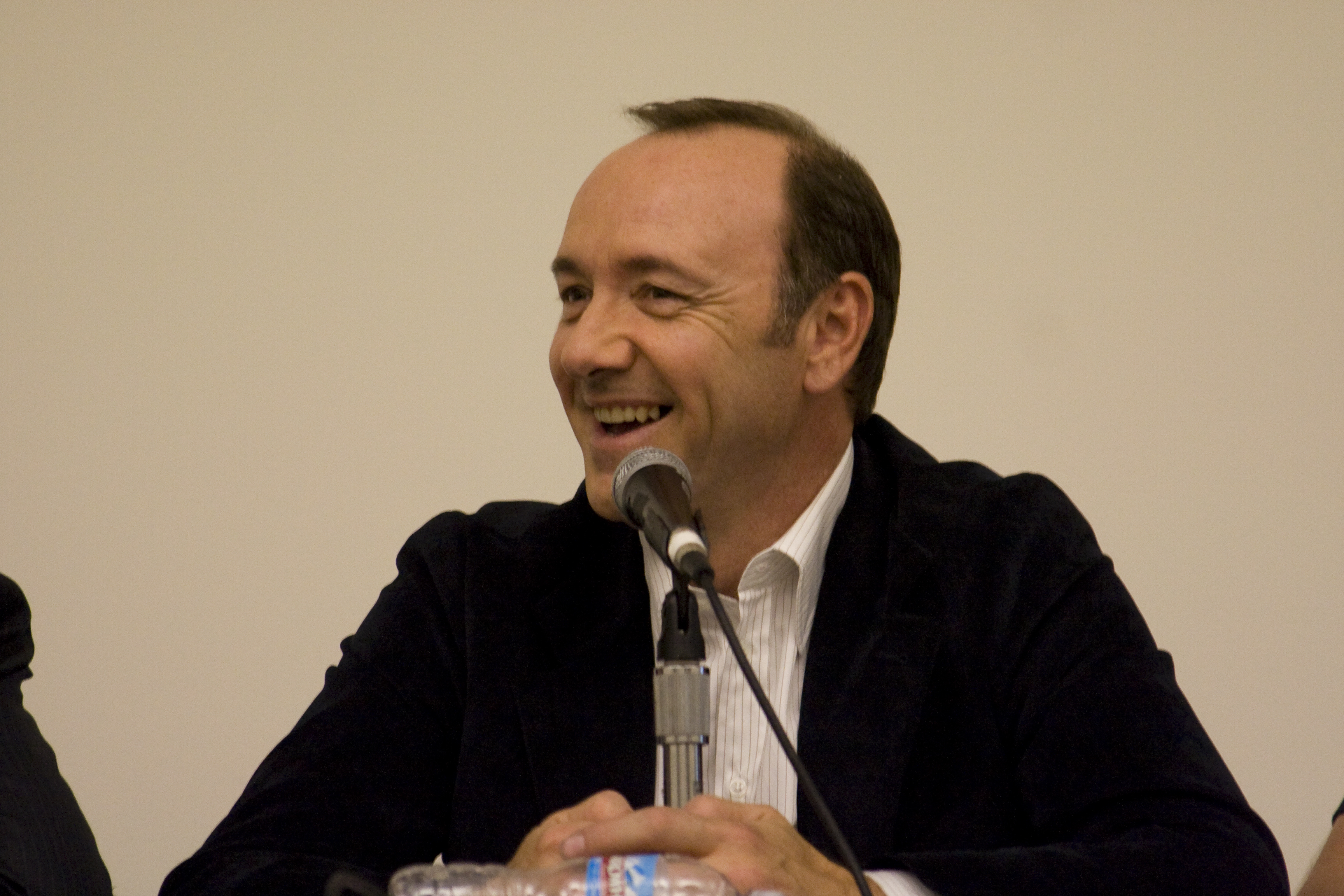Views expressed in opinion columns are the author’s own.
On college campuses, minority students often feel like they are representatives of their race or ethnicity. They may feel that their academic success reflects not only on their own abilities, but on the abilities of their entire group.
This perception can cause anxious students to perform worse academically. For instance, with affirmative action and universities calling for increased diversity, some critics claim black people do not deserve their spots in top colleges. Black students then feel they have to outperform their peers to prove they aren’t academically inferior.
It’s wrong to make anyone feel like they stand for their entire group. It puts unwarranted pressure on them to be flawless, because any faults will reflect poorly on everyone else like them. This is as true for LGBT individuals as it is for racial or ethnic minorities.
However, unlike the college students just trying to get an education without seeking public attention, celebrities are much more visible representatives of their identity groups. Whether fair to them or not, their public positions come with a greater responsibility to be positive icons and not use their identities as a defense for any wrongdoing.
Actor Anthony Rapp recently told Buzzfeed that, when he was 14, then-26-year-old Kevin Spacey made what Rapp described as a sexual advance toward him. In response to these allegations, Spacey claimed to not remember the incident, apologized for any advances he made and officially came out as a gay man.
The gay community has long fought many stereotypes, including the belief that gay men are pedophilic and hypersexual. These stereotypes are not based on factual evidence, but they’re ammunition for opponents of LGBT rights. By portraying gay men as pedophiles, staunch opponents to gay rights can appeal to the public, equating justified support for gay rights to endorsement of the criminal and heinous act of having sexual relations with minors.
Spacey had no reason to come out as gay when he did other than to deflect attention from Rapp’s account.
By coming out now, Spacey is insinuating that being gay makes what Rapp said he did less wrong or less shocking — as if people should be more understanding of someone’s behavior because of their sexual orientation. This is abhorrent. The only way it changes the narrative is by shifting the question from “Is Spacey a pedophile?” to “Spacey is gay. Is he a pedophile, too?” This shows Spacey’s complete disregard for how his words affect the gay community just as he becomes an open member of it.
Spacey’s celebrity means he’s in the public perception as a representative of gay people. Entering a career in entertainment means becoming a scrutinized celebrity. Spacey — and everyone else in that role — must recognize his actions and words have profound effects on how average Americans think of the group he is a part of, whether he wants that to be the case or not.
Celebrities have a special responsibility to act in a way that represents themselves, and the groups they are a part of. Using those identity groups as a distraction or excuse for their actions is irresponsible and callous.
Congratulations on your coming out, Kevin Spacey. You should be ashamed of yourself.
Mitchell Rock is a senior government and politics and physiology and neurobiology major. He can be reached at mrock13@umd.edu.



